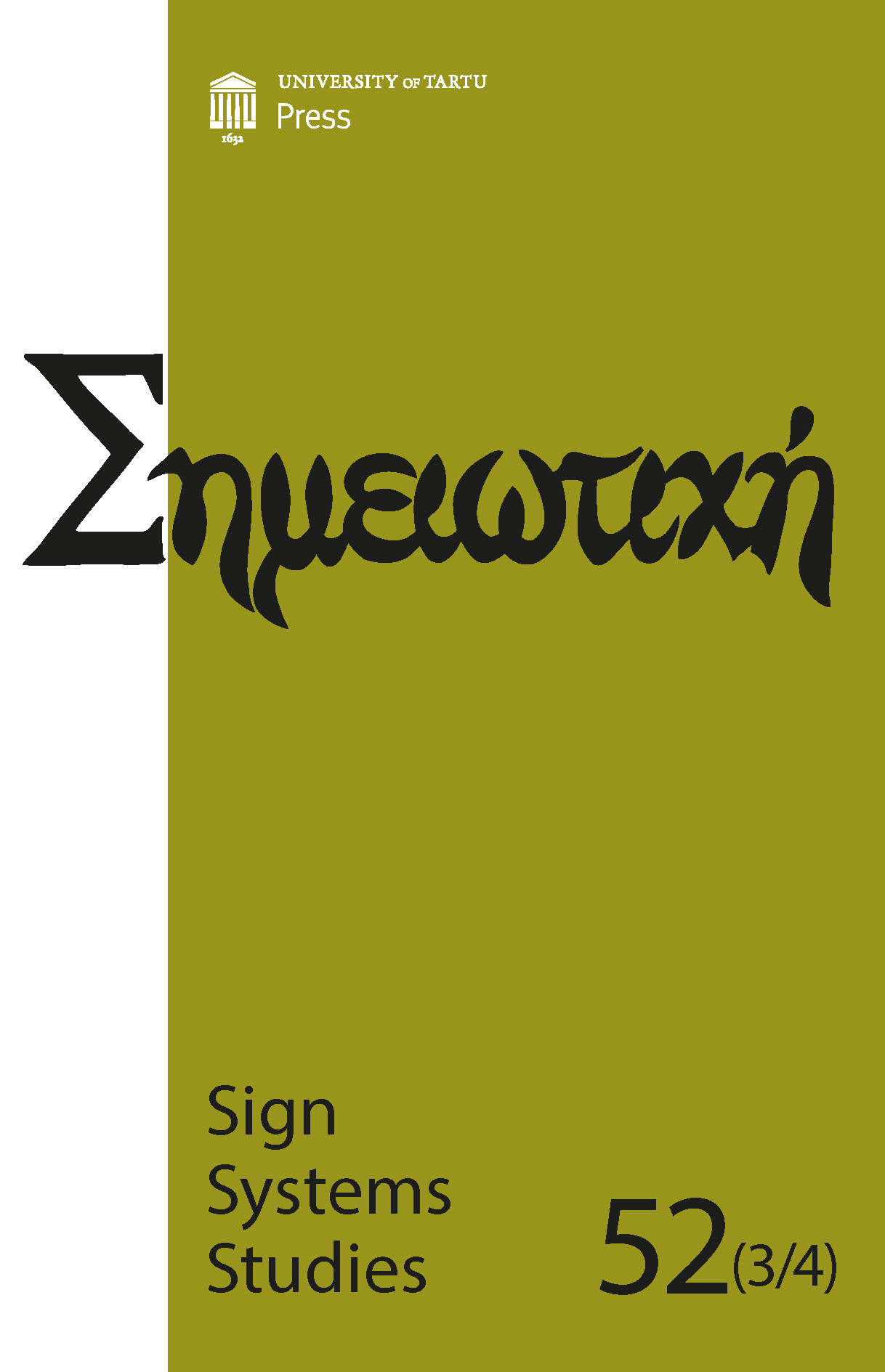Umwelt theory seen from the perspective of fūdo theory: Uexküll, Watsuji, and Imanishi on nature, harmony, and totality
DOI:
https://doi.org/10.12697/SSS.2024.52.3-4.08Keywords:
umwelt, fūdo, environment, nature, Jakob von Uexküll, Tetsuro Watsuji, Kinji ImanishiAbstract
This paper investigates the contemporary meaning of umwelt theory by comparing it with fūdo theory. The Japanese term ‘fūdo’ is similar to ‘umwelt’ as it carefully revises how subject and object relate to each other. Fūdo theory was developed by Tetsuro Watsuji (1889–1960), a Japanese philosopher; Kinji Imanishi (1902–1992), a Japanese biologist; and Augustin Berque (b. 1942), a French geographer and philosopher. First, this paper investigates Watsuji’s view of the place of ‘self ’ in the environment and Imanishi’s view of the place of species in the environment. Second, it compares how umwelt and fūdo theories address problems related to the subject and environment, harmony, the concept of nature, and disciplinarity, pointing out the parallelism between the two theories. Third, this paper examines the relevance and interpretation of umwelt and fūdo theories in contemporary academic discourse, with a focus on the concepts of harmony and totality.
Downloads
Downloads
Published
How to Cite
Issue
Section
License
Copyright (c) 2025 Masahiro Terada

This work is licensed under a Creative Commons Attribution-NonCommercial-NoDerivatives 4.0 International License.


